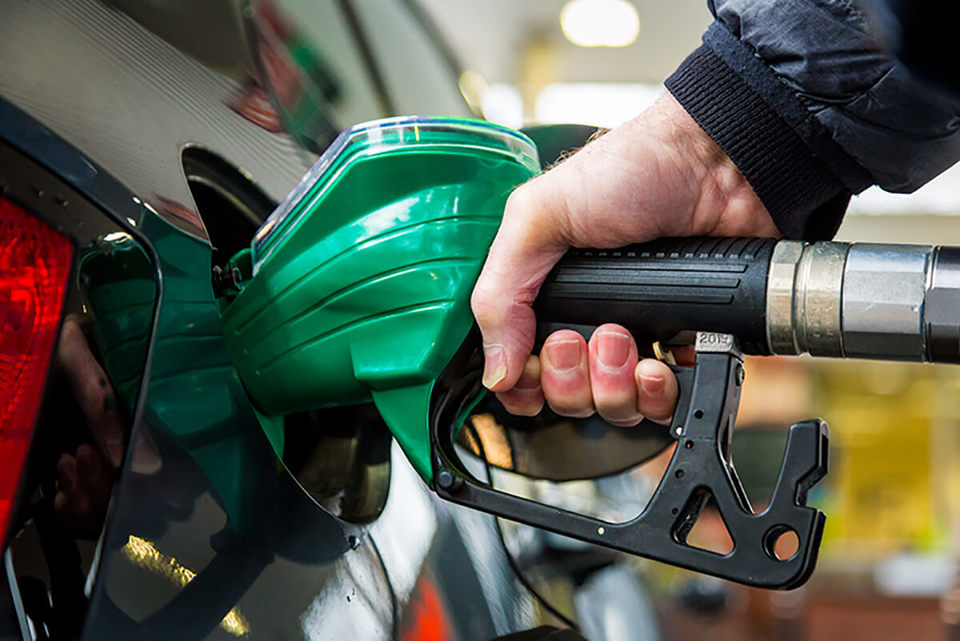Warnings that pump prices could increase, due to attacks launched by Yemen's Houthi group on commercial ships at the southern end of the Red Sea, have been labelled unhelpful by the RAC.
Several shipping companies have decided to divert vessels, avoiding Egypt's Suez Canal and its link to the Mediterranean Sea.
However, re-routing adds cost and time to vessel journeys, with oil prices and war risk insurance premiums increasing as a result, according to Reuters.
A ship carrying Saudi crude from the Gulf can make it to Rotterdam in 6,436 nautical miles if it traverses the canal. Going around Africa increases the journey to 11,169 nautical miles, adding time and cost to a shipowner.
RAC fuel spokesman Simon Williams says that, while tankers avoiding the Suez Canal has the potential to push up the oil price, the barrel is still below $80, $15 lower than it was at the end of September.
“Talk of this immediately affecting fuel prices is unhelpful as we are still waiting for retailers to fully pass on the savings from much lower wholesale costs,” he added.
“We don’t want to give them a reason not to continuing cutting their prices, especially at the most expensive time of the year.”
The current 141.7p average price of petrol should fall to nearer 132p if retailers play fair with drivers, according to the RAC.
“This means even if the Red Sea situation worsens, there is no reason for the biggest retailers to push up prices as fuel is still overpriced,” Williams continued.
“A point well illustrated by an independent retailer at Whitchurch in rural Shropshire currently selling petrol for 128p – 10p less than at the big four supermarkets, and 14p cheaper than the UK average.”





















Login to comment
Comments
No comments have been made yet.